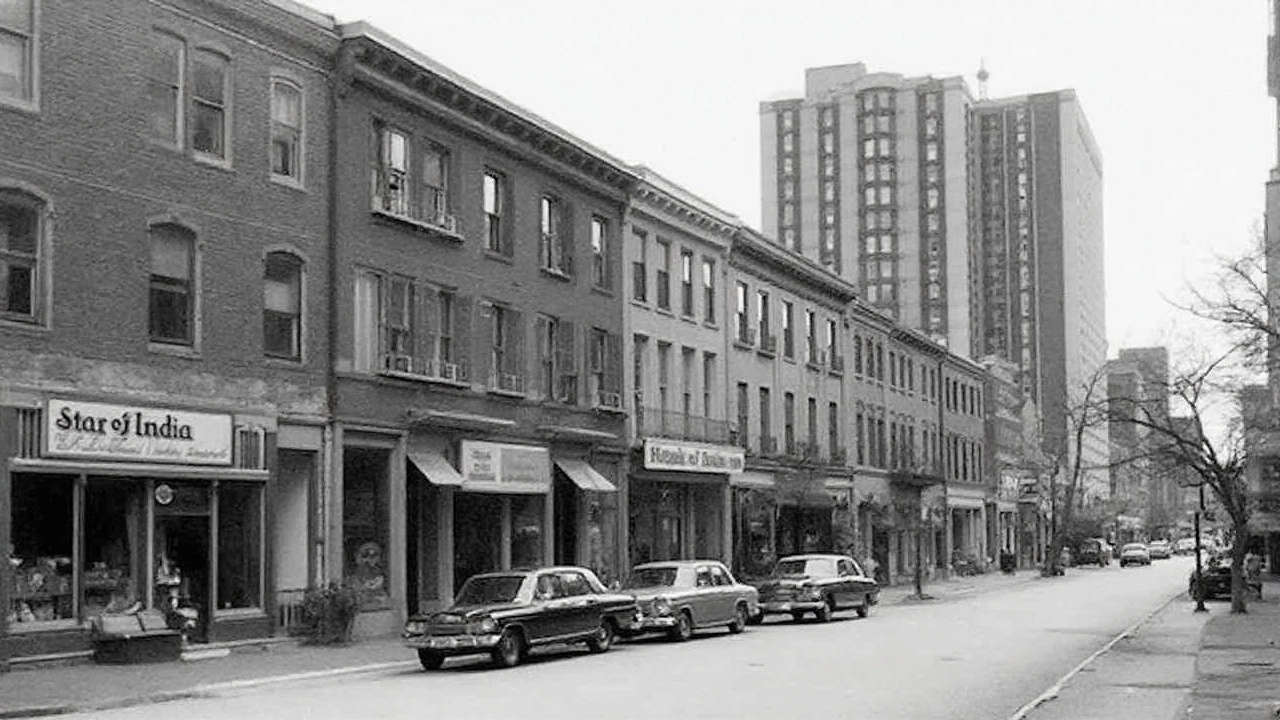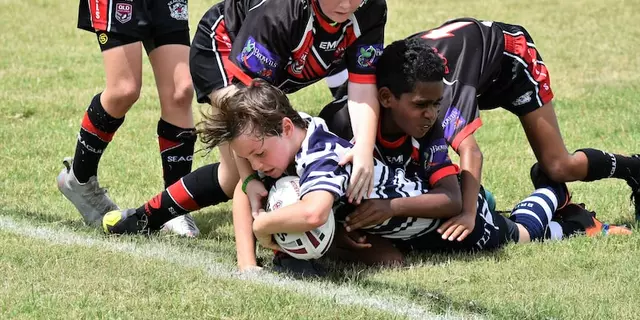Local Memories – Relive Rugby’s Best Moments and Tips
If you grew up watching a local club game on a Saturday, you know that rugby feels like family. Those memories aren’t just nostalgia; they shape how we talk about the sport today. On this page we’ll walk through a few classic stories, clear up common myths, and give you practical advice to get better on the field. No fluff, just straight‑forward info you can use right now.
Remembering Rugby’s Roots
Rugby didn’t pop up overnight. It started in early 1800s England when a schoolboy grabbed the ball during a soccer match and ran with it. That single moment sparked a whole new game that spread across the British Empire and later inspired other codes like American football. The timeline matters because it shows why rugby still uses a continuous, free‑flow style while football (soccer) and American football added more breaks and set pieces.
One common question is whether rugby came before American football. The answer is yes – rugby was already being played in clubs by the 1830s, while the first American football rules weren’t written until the 1870s. Knowing that helps you appreciate the older traditions you see in local clubs, like the post‑match toast and the emphasis on camaraderie.
Another memory many fans share is the confusion around big tournaments. For example, the Rugby World Cup isn’t an annual event; it happens every four years. The last one was in Japan in 2019, and the next will be in France in 2023. If you’ve ever wondered why there’s no 2022 World Cup, you now have a quick answer to share with friends.
Training & Comparison Tips
Getting ready for a rugby match is about more than just showing up in a jersey. You need a mix of strength, speed, and stamina. Start with basic runs and interval training to build endurance, then add agility drills like ladder steps or cone shuffles. Core work – planks, Russian twists, and dead bugs – keeps you stable in tackles and rucks.
If you’re curious about how rugby players stack up against NFL athletes, the reality is both groups are elite but focus on different traits. NFL players often train for short bursts of explosive speed, while rugby players need to sustain a high pace for 80 minutes. That’s why you’ll see rugby athletes doing longer runs and mixed‑modal workouts.
For anyone debating whether American football or rugby is the “better” sport, the answer depends on what you enjoy. Football (soccer) grew out of rugby rules in the 19th century, but it swapped the backward pass for a forward one and removed the tackling. If you love constant action and physical contests, rugby’s your game. If strategy and set plays excite you, football or NFL might fit better. Use this perspective to decide which local league to join or watch next.
Finally, here’s a quick checklist to kick off your training today:
- Run 3–4 miles at a steady pace twice a week.
- Do 2‑minute interval sprints, repeat 6 times, once a week.
- Spend 15 minutes on agility ladders or cone drills.
- Include core exercises (plank, side plank, Russian twists) 3 sets of 30 seconds each.
- Eat balanced meals with protein, carbs, and veggies; stay hydrated.
Stick to this plan, and you’ll feel stronger the next time you pull on your club’s shirt. Remember, the best memories come from playing hard, having fun, and sharing stories with teammates. Keep those moments alive – they’re the heart of local rugby culture.

White Horse pub, Caversham: Locals revive memories of a vanished landmark at 74 Caversham Road
Residents in Reading are sharing memories of the long-gone White Horse at 74 Caversham Road. The pub was later swept away for an office block, but its stories linger—after-work pints, darts nights, and talk of a later Indian takeaway on the site. Records are thin, and locals are helping piece together what stood there, when it changed, and why it disappeared.
Sep 10 2025




